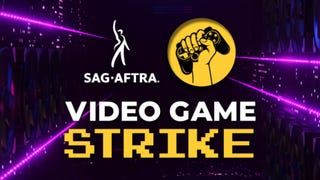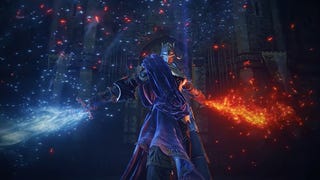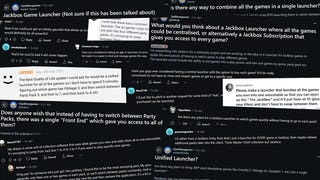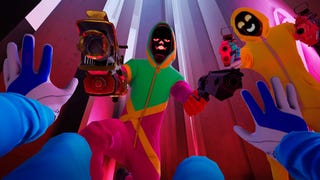Here’s the massive cost of a Summer Game Fest trailer

Tonight’s Summer Game Fest showcase marks the beginning of a weekend of announcements, filling the typical June slot the now-dead E3 used to fill.
But how much does a trailer in Geoff Keighley’s showcase actually cost?
One industry insider told Esquire, as part of a report on Summer Game Fest, “Geoff’s a black hole of information”. Yet trailer costs have been revealed, and since corroborated by Kotaku.
 PlayStation upsets VR fans as it kicks off this year’s not-E3 hype cycle
PlayStation upsets VR fans as it kicks off this year’s not-E3 hype cycle Want a one minute trailer in the showcase? That’ll be $250k in Keighley’s pocket.
One and a half minutes jumps to $350k, two minutes is $450k, and two and a half minutes is $550k. A document obtained by Kotaku adds this money also includes a set number of social media posts.
Using these costs and last year’s showcase, Esquire estimates Keighley made $9.65m. What’s more, Keighley is the only person listed on his company’s most recent LLC filings with the California Secretary of State, so it’s unclear how many people work as part of Summer Game Fest.
As one PR professional said: “The current pricing tiers make Summer Game Fest an unattainable goal for most indie developers and publishers.”
Yet Kotaku confirmed through a number of indie publishers and developers some “free slots” are provided to smaller, non-AAA games and studios. This is part of “earned editorial placements” that provide free airtime for certain projects.
However, these placements are also likely reserved for the biggest reveals from companies like Sony, Microsoft and Nintendo. Which begs the question: who exactly is paying these prices?
That’s not all. Summer Game Fest continues after the showcase as a physical event. A biz dev partner badge for a day’s access costs $500 – after approval. A private meeting cabana costs $50,000 for three days, including space for six people, table service, free parking, and six entry badges, or $20,000 per day.
A “full hands-on pod” can also be purchased, including four large HDTVs and more, with publishers and developers able to spend more on custom venues and spaces.
On the flip side, one PR professional told Esquire that for “general brand awareness, the impact [of the showcase] is pretty huge”, though this “depends on the placement and trailer length”. “Longer slots perform better and seem to drive more coverage, whereas short trailers don’t capture quite the same attention,” they said.
Another marketing professional added fans can buy tickets to the showcases, suggesting revenue here could be used to lower the cost of entry for smaller clients.
In a Twitch stream earlier this week ahead of the showcase, Keighley set expectations by specifying certain games that will and won’t appear. He described 2024 as a “lighter year” and said his excitement was an 8/10, which seems a little mean spirited to the developers spending hundreds of thousands of dollars to take part.
A big reason for the “lighter year”, of course, are the thousands of layoffs that have rocked the games industry – layoffs have surpassed 10,000 for 2024 already.
Keighley was criticised after The Game Awards last year for not acknowledging the layoffs or state of the industry. He did admit afterwards that speeches were too short, though there’s no danger of a “please wrap it up” at Summer Game Fest.
Still, Summer Game Fest has spawned a number of other showcases geared specifically towards indie games and minorities. We’ve got a list of all the showcases to check out, including not only events by Keighley, Microsoft and Ubisoft, but the Access-Ability showcase, Wholesome Direct, Women-Led Game Showcase and more.




